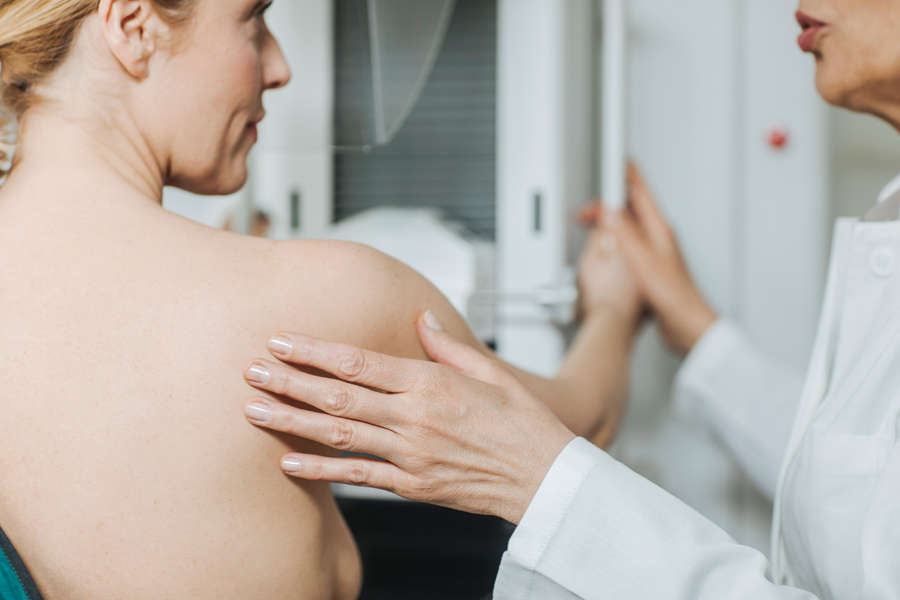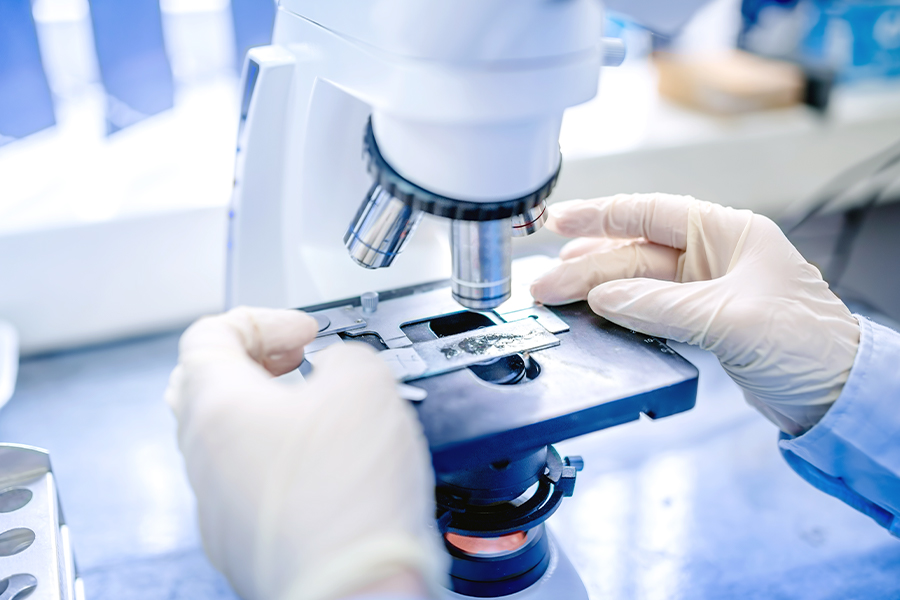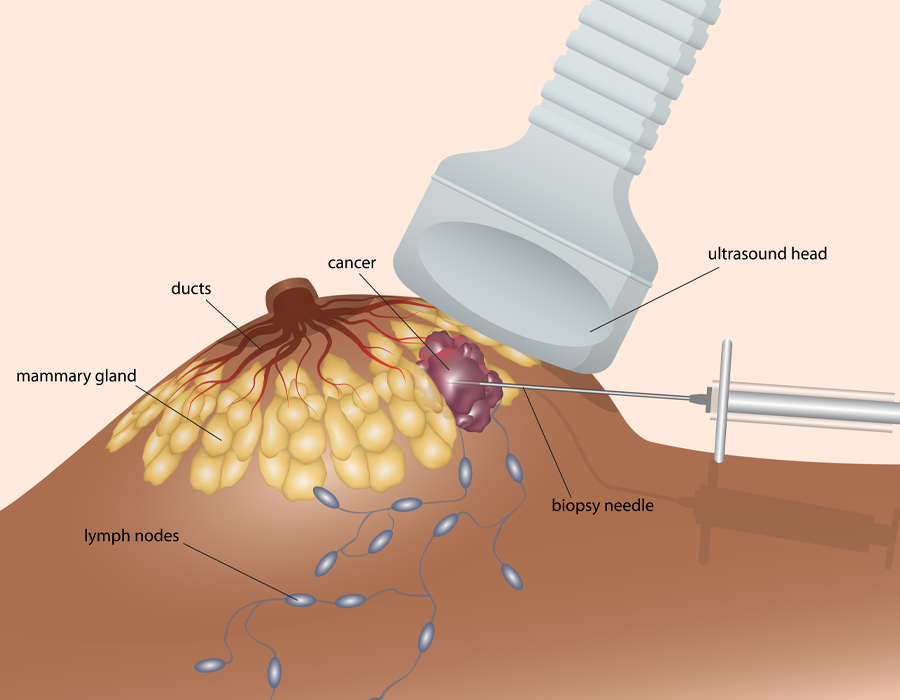Biopsy
Biopsy at ZP
A biopsy is a diagnostic procedure in which a sample of living tissue is removed with a tiny needle to be examined by a pathologist, a doctor specially trained in tissue identification. The sample of tissue is usually examined under a microscope to determine if it is healthy or if it shows any kind of disease or abnormality.
In many cases, the use of medical imaging such as MRI, mammography, ultrasound, and CT is used to guide the doctor in performing the biopsy to help pinpoint the tissue, organ or bone under observation.
We provide biopsy procedures for a number of organs including liver, thyroid, and breast.


Different types of biopsies
Why Are Biopsies Done?

To Examine Tissue for Disease

To Diagnose Cancer

To Help Identify Other Conditions, like Infections and Autoimmune Disorders
A Biopsy Overview
A biopsy is a procedure that removes cells or tissues from your body. A pathologist then looks at these cells or tissues under a microscope to check for damage or disease. The pathologist may also do other tests on the sample. Biopsies can be done on all parts of the body. In most cases, a biopsy is the only test that can tell for sure if a suspicious area is cancer. Biopsies are performed for many other reasons as well.

Biopsies are performed in many areas of the body and for many reasons. Some of those areas and reasons include:
- Abdominal Biopsy - Used to diagnose whether a lump in the abdomen is cancerous or benign. The lumps can be located in the fat, deep within the abdomen.
- Bone Biopsy - Used to diagnose cancer or infection in the bones.
- Breast Biopsy - Used to determine if a lump in the breast is cancerous or benign.
- Liver Biopsy - Used to diagnose diseases of the liver, such as hepatitis, C, cirrhosis, infections, and cancer.
How To Prepare for Your Biopsy
- Do not take aspirin, ibuprofen, Advil, Motrin, or Aleve for one week prior to your appointment
- If you take Coumadin, Plavix, or any other blood thinners, you must get approval from your doctor to stop the medication one week prior to your biopsy.
- Avoid fish oil and high doses of vitamins (except for prenatal vitamins).

Biopsy Patient Testimonials
What Happens After the Exam?
After the tissue is collected, it is sent to a laboratory for analysis. A pathologist will examine the biopsy tissue under a microscope. A full report from the pathologist will be sent to your doctor in a few days, and you can ask them how you will be receiving the results. Your interventional radiologist may recommend a follow-up visit, which may include a physical check-up, imaging exams, and blood tests. If you would like to learn more about the biopsy procedure, give our radiologists a call!
